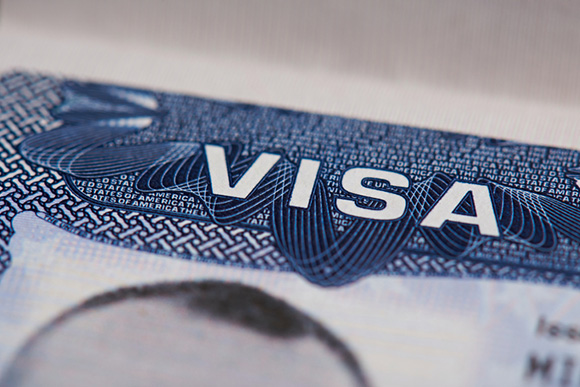
Just last month, the Supreme Court agreed to allow President Trump’s revised immigration travel ban go into effect for travelers. This reverses the actions of lower federal courts that had previously put the original, un-revised policy completely on hold. Many believe the court’s action gives Trump a partial victory.
The Supreme Court Decides
President Trump shared in a statement, “Today’s unanimous Supreme Court decision is a clear victory for our national security. It allows the travel suspension for the six terror-prone countries and the refugee suspension to become largely effective.”
On the other side of the argument, Becca Heller, director of the International Refugee Assistance said, “The hope is that this really only impacts a very small number of people,”
The Supreme Court’s action isn’t expected to evoke the same level of chaos, anger, confusion, and sadness that was seen around the world when Trump signed the first travel ban which was put into effect on Jan. 27. That initial executive order barred all travelers from seven Muslim-majority countries from entering the U.S. even if they had green cards, valid visas, or refugee status.
A Revised Immigration Plan
The revised ban smoothed out some of the original ban’s rough edges and narrowed the list of countries to Iran, Libya, Somalia, Sudan, Syria, and Yemen. It calls for a 90-day ban on travelers from those countries and 120 days for refugees, but excludes visa and green card holders, deletes a section that gives preference to Christian minorities and includes a waiver process for those claiming undue hardship.
“As president, I cannot allow people into our country who want to do us harm,” Trump wrote. “I want people who can love the United States and all of its citizens, and who will be hardworking and productive.” He later tweeted: “Very grateful for the 9-0 decision from the U. S. Supreme Court. We must keep America SAFE!”
Those challenging the revised ban say the vast majority of people seeking to enter the United States to visit a relative, accept a job, attend a university or deliver a speech will have difficulties entering, even with the new ban. The Supreme Court responded by saying the ban could not be imposed on anyone who had “a credible claim of a bona fide relationship with a person or entity in the United States.”
Even with the decision, it’s unlikely that the climate surrounding immigration law issues will be less dividing in the future. The court’s ruling reflects a historic clash between the president’s power to set national security priorities with the need to protect individuals from discrimination based on their religious beliefs or national origin.





